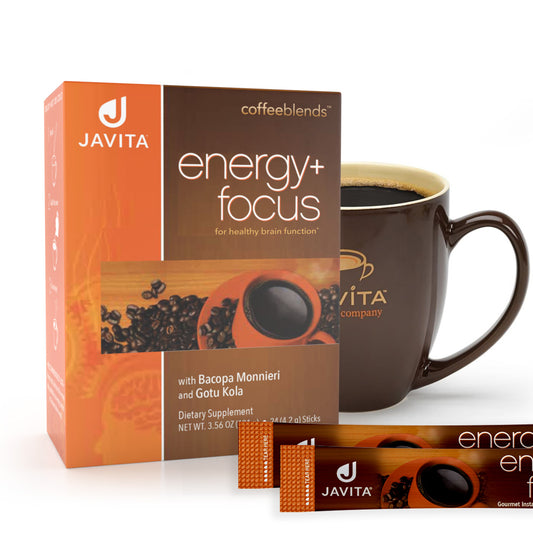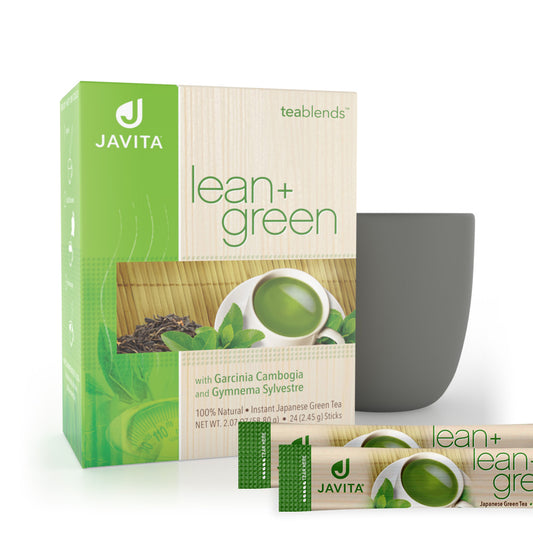Amongst all the talk about the benefits of drinking green tea in recent years are several claims that a chemical found in green tea—epigallocatechin-3-gallate (EGCG)—may be a powerful weapon against breast cancer.
The low rate of breast cancer (and some other cancers) in regions where people drink large amounts of green tea is what made researchers start examining the relationship.
Before you put faith in your teacup, it’s important to dig into the science—what’s known and what needs more examination.
Antioxidants and Free Radicals
Green tea’s cancer-fighting reputation comes from its polyphenols, which are chemicals that have antioxidant properties. Antioxidants protect the cells in your body from free radicals, highly reactive molecules that speed the damage caused by chemicals in the environment or aging, and that can lead to the development of cancer (and other diseases).
Free radicals can damage tissues in many ways, one of which is by directly damaging DNA. Since damage to DNA (gene mutations) is what leads to the development of cancer, researchers have given a lot of attention to nutrients that can neutralize free radicals before they do their damage.
EGCG is one of the antioxidants found almost exclusively in green tea.
Use for Breast Cancer Prevention
Many studies have looked at the role of green tea and breast cancer prevention. Not all of them have found an association between drinking green tea and lower breast cancer risk, but some of the largest, most credible studies have.
In the Prostate, Lung, Colorectal, and Ovarian Screening Trial, which included more than 100,000 people, researchers found that those who consumed green tea had a lower overall risk of cancer; in other words, it appeared to reduce the risk of any cancer. Whereas some studies have looked at very large amounts of green tea—say, drinking 30 cups daily—this study looked at people who drank just one daily cup of green tea.
A 2017 study looked at breast density in women given a supplement of EGCG for one year. High breast density is linked with an elevated risk of breast cancer. While the supplement didn’t change breast density in older women, it significantly decreased it in young women. The effect was similar to that of tamoxifen, a drug that’s sometimes used to reduce the risk of breast cancer in high-risk individuals.
The researchers concluded that further studies should be done on the role of green tea in reducing breast cancer risk in young women.
Use in Breast Cancer Treatment
Given the potential for breast cancer prevention, it’s natural to wonder if green tea could also slow down the growth of cancer cells in people who already have breast cancer.
So far, most studies have been done on breast cancer cells in the lab or in mice (meaning they cannot be applied to humans), but the results to date are encouraging.
To understand the growth of cancer, and how green tea may work, it’s helpful to think of the different processes that must take place for cancer to grow and spread. In looking at these separate steps, researchers have found that:
- Green tea appears to inhibit the growth of cancer.1 Several studies have found the division of breast cancer cells and increase in size of a tumor (albeit in a lab dish or in mice) was decreased by green tea components.2
- Green tea was found to limit metastases to the lungs and liver, common places for breast cancer to spread, in rodents with breast cancer.2 Since most breast cancer deaths are from metastases (spread of breast cancer cells), this is very good news.
- Green tea may help with programmed cell death (apoptosis) of breast cancer cells. To understand this, it helps to understand that normal cells “commit” apoptosis when they become injured or old. Cancer cells seem to have found a way to avoid this process, essentially making them “immortal,” so getting these abnormal cells to die off, as they should, is an important step.
Republished from VeryWellHealth.com; by Lia Tremblay; Medically reviewed by Doru Paul, MD; a special thanks to the website and authors for this important information.






